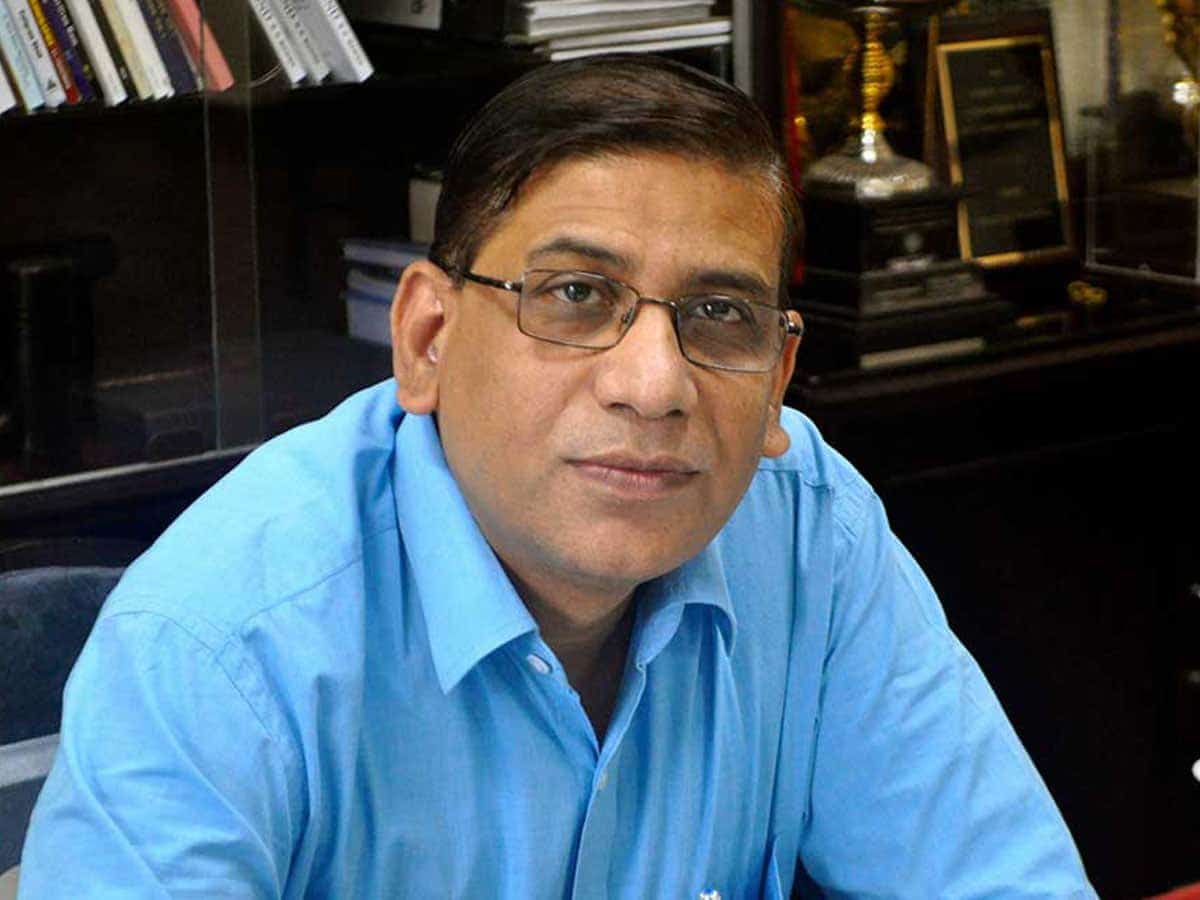New Delhi: Faizan Mustafa, an internationally known legal expert and Vice-Chancellor of NALSAR University of Law, said that though he rejects the US Commission of International Religious Freedom’s (USCIRF) annual report 2020 on India, there are a few points there which should be taken seriously by the Indian government.
Few points must be taken seriously: Faizan Mustafa
In his web series where he speaks on the current developments in the country and gives perspective to them he said, “Though I diplomatically agree that the report must be rejected (by the Indian government), the few key points in the report must be taken seriously like that of NRC, CAA, lynching and suppression on minorities.”
Prof. Faizan Mustafa’s legal awareness series on YouTube is one of the most popular on the electronic media. Here he speaks on various legal and law related issues in the country.
On Friday, the scholar spoke on the burning topic that is the Commission’s report.
He said, “USCRIF is a U.S. federal government commission created by International Religious Freedom Act of 1998. The commission has nine commissioners out of which three are appointed by US president, four by the opposition and two by the ruling party. Its principal responsibilities are to review the facts and circumstances of violations of religious freedom internationally and to make policy recommendations to the President, the Secretary of State and the Congress.
The 2020 report of the USCIRF was rejected by the Indian government. India said that the country is free from anti-religious issues.
Prof. Mustafa said, “USCIRF states that 1/3rd States of India are anti-religious and the country is under watch internationally.”
“The country is in tier-two, which means that it is under watch by the commission. It also means that if the conditions do not quickly change, it may be shifted to category one which is ‘country of particular concern.’”
Category one is a ‘Country of particularly concern.’ This means that there is a systematic ongoing egregious violation of religious freedom. This category has more than 16 countries such as China, Pakistan and Sudan.
“It’s depressing to see how India has been internationally clubbed with Iran, China, North Korea who are known for suppression of religious freedom and anti-religious acts. If the country does not end its anti-religious acts like banning of azaan, mob lynching in the name of cow slaughter, CAA and NRC, burning of Quran, demolition of masjid and the recent tagging Tablighi Jamaat with the spread of coronavirus then the country might be even more humiliated and targeted internationally,” asserts Prof Mustafa.
He asks the authorities in India to look after its law making system and court strategies. He asks the Supreme Court to show seriousness on the cases and claimed that the SC has not shown any interest or seriousness in case of Kashmir.”
“Countries like Indonesia, Sudan, Egypt, and Afghanistan are all progressing in terms of protection and providing religious freedoms and India which supposedly has the largest democracy lags behind,” he stated.
Pointing out on the discussion by USCIRF chair which said, “We are seeing impunity for violence by non-state actors committed against religious minorities in India,” Prof Mustafa said and added, “It’s high time that countrymen and the government of India must stop anti-religious acts.”
“Indians must relearn the written laws on freedom of religion and understand the article which says every Indian or foreigner in the country is allowed to profess, propagate and practice any religion of his choice,” he said.
He further adds, “All the foreigners who came to Delhi for Nizamuddin Markaz have also come abiding the law so they cannot be blamed.”
“Scheduled Caste persons who wish to change their religion are denied reservation (in educational institutions and jobs) if they change their religion. This is injustice,” Mustafa stated.
World Press Freedom Index
There are a few things the largest democracy in the world should know that is, India ranks 142 in the press in world press freedom index which clearly shows that freedom of the press is not that free from suppression.
“We will have to strengthen the basic rights of democracy and understand the true secularism,” said Prof Mustafa.
At the same time he asks, “Why there no investigation on the anti-religious policies of America?”
“The commission must know that America is a country with the soul of church and the supremacy by Christianity.”
Moreover, there is no much concern given to Christianity that there are churches in Armed Forces, Prayer breaks during the White House ceremonies, Supreme Court public session has a prayer break, moreover the Supreme Court is opened by saying, ‘God save this Honourable Court.’
At times it was wondered how the Supreme Court of America render justice claiming that the country has the majority of Christians.
Like that in 1939 in case of Vidal v/s Great Executors, Magnitest 1931 when the Supreme Court declared that ‘it’s the country of Christians.’
“The country like America must also be under watch as it’s equally unsecular,” said Prof. Mustafa.
Pointing out at the unfair statements by Supreme Court of India, Prof Mustafa said, “India must stop making mistakes like that in 1995 Hinduvata judgment when the Supreme Court had denied Shiv Sena’s statement ‘If we win the election Maharashtra will become a Hindu state’ as not a culprit electoral practice.”
Nihad Amani


